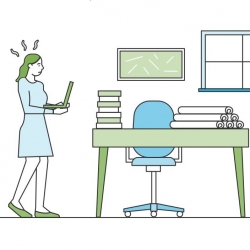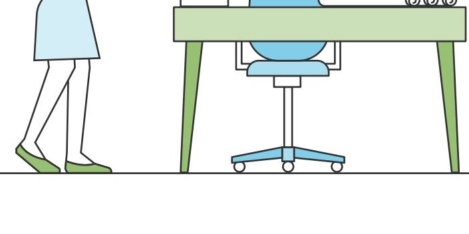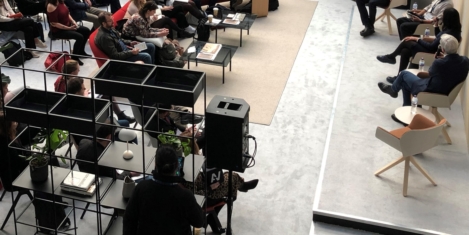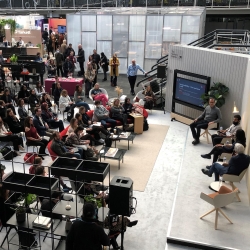To provide the best experiences, we use technologies like cookies to store and/or access device information. Consenting to these technologies will allow us to process data such as browsing behaviour or unique IDs on this site. Not consenting or withdrawing consent, may adversely affect certain features and functions.
The technical storage or access is strictly necessary for the legitimate purpose of enabling the use of a specific service explicitly requested by the subscriber or user, or for the sole purpose of carrying out the transmission of a communication over an electronic communications network.
The technical storage or access is necessary for the legitimate purpose of storing preferences that are not requested by the subscriber or user.
The technical storage or access that is used exclusively for statistical purposes.
The technical storage or access that is used exclusively for anonymous statistical purposes. Without a subpoena, voluntary compliance on the part of your Internet Service Provider, or additional records from a third party, information stored or retrieved for this purpose alone cannot usually be used to identify you.
The technical storage or access is required to create user profiles to send advertising, or to track the user on a website or across several websites for similar marketing purposes.
 The cost-of-living crisis is the top cause of stress at work for people working in leadership and senior management roles, according to the findings of a new survey by HR software provider Ciphr. Around 98 percent of the 265 leaders and senior managers polled found at least one aspect of their work stressful, while two-fifths (83 percent) are affected by three or more work-related stressors (the average, per person, is eight). Yet, despite the obvious stress their work causes them, just 4 percent claim not to like their jobs. (more…)
The cost-of-living crisis is the top cause of stress at work for people working in leadership and senior management roles, according to the findings of a new survey by HR software provider Ciphr. Around 98 percent of the 265 leaders and senior managers polled found at least one aspect of their work stressful, while two-fifths (83 percent) are affected by three or more work-related stressors (the average, per person, is eight). Yet, despite the obvious stress their work causes them, just 4 percent claim not to like their jobs. (more…)
















 Any business that is looking to grow its consumer base or expand into new markets is likely to be relying on digital technology to a greater extent than ever before both in their operations and management. This also means that the
Any business that is looking to grow its consumer base or expand into new markets is likely to be relying on digital technology to a greater extent than ever before both in their operations and management. This also means that the 


 Pay and benefits are no longer the only critical factors in deciding where to work, with a majority citing their employers’ values (80 percent) and commitment to the environment (76 percent) and social equality (75 percent) as key criteria, claims a survey commissioned by advocate and author
Pay and benefits are no longer the only critical factors in deciding where to work, with a majority citing their employers’ values (80 percent) and commitment to the environment (76 percent) and social equality (75 percent) as key criteria, claims a survey commissioned by advocate and author 


 A few of you may already know this story. It was some 15 months ago and three old friends met up for the first time in quite a while (well, we had been through lockdowns etc). Having caught up with each other’s news, the subject turned to industry journals, what the three friends felt the market was missing and the possibility of collaborating in the not too distant future. That conversation occurred at the inaugural
A few of you may already know this story. It was some 15 months ago and three old friends met up for the first time in quite a while (well, we had been through lockdowns etc). Having caught up with each other’s news, the subject turned to industry journals, what the three friends felt the market was missing and the possibility of collaborating in the not too distant future. That conversation occurred at the inaugural 











